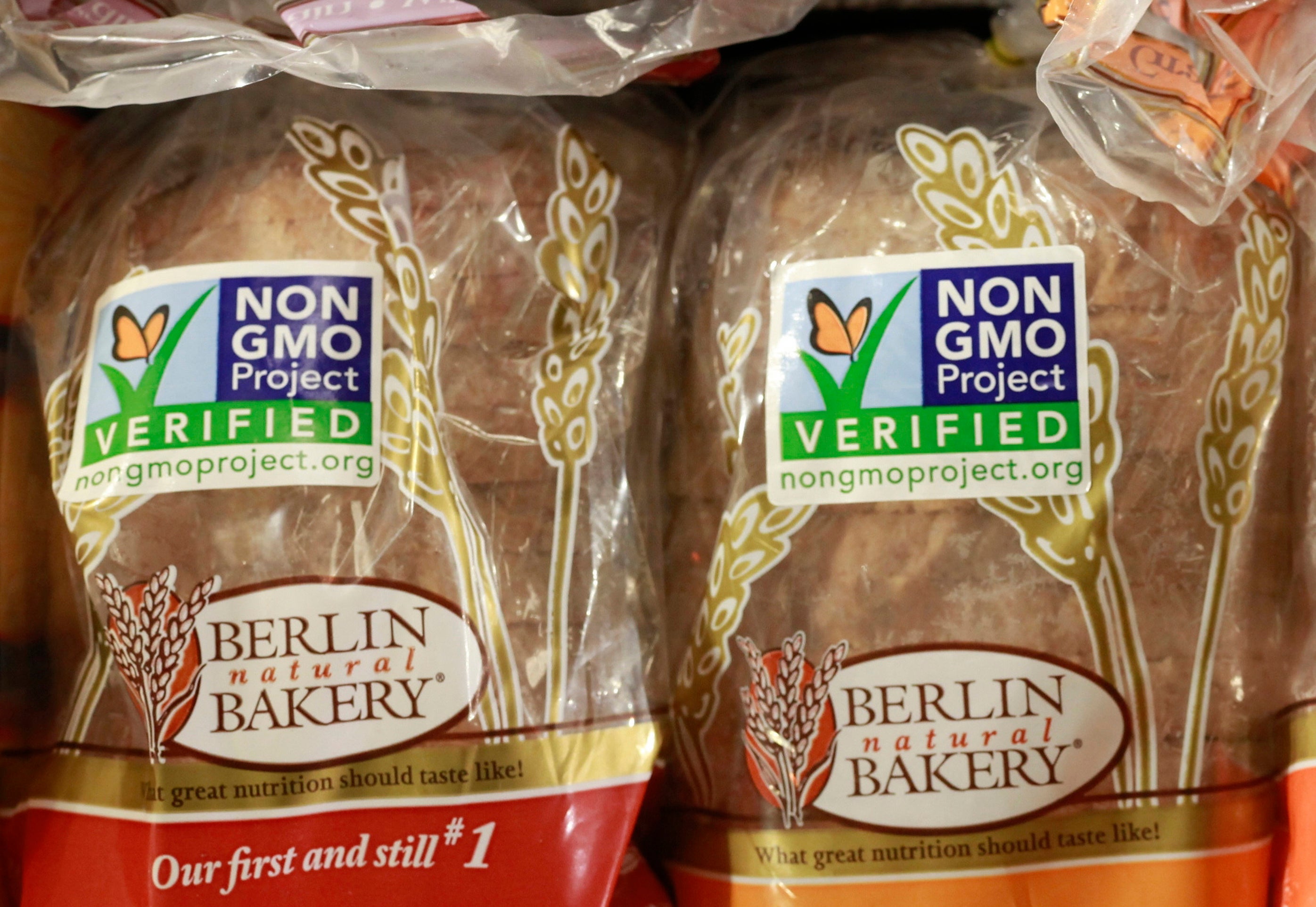EU Parliament's environmental committee supports relaxing rules on genetically modified plants
Lawmakers on the European Parliament’s environment committee are backing a proposal to relax rules on genetically modified plants produced using so-called new genomic techniques

Your support helps us to tell the story
From reproductive rights to climate change to Big Tech, The Independent is on the ground when the story is developing. Whether it's investigating the financials of Elon Musk's pro-Trump PAC or producing our latest documentary, 'The A Word', which shines a light on the American women fighting for reproductive rights, we know how important it is to parse out the facts from the messaging.
At such a critical moment in US history, we need reporters on the ground. Your donation allows us to keep sending journalists to speak to both sides of the story.
The Independent is trusted by Americans across the entire political spectrum. And unlike many other quality news outlets, we choose not to lock Americans out of our reporting and analysis with paywalls. We believe quality journalism should be available to everyone, paid for by those who can afford it.
Your support makes all the difference.Lawmakers on the European Parliament’s environment committee on Wednesday backed a proposal to relax rules on genetically modified plants produced using so-called new genomic techniques, prompting strong criticism from environmental groups.
The issue of genetically modified organisms divided the European Union for a generation before the bloc adopted legislation in 2001.
The Committee on Environment, Public Health and Food Safety adopted its position on a European Commission proposal to relax those rules with 47 votes to 31 with four abstentions.
The European Parliament is now expected to vote on the proposed law during its Feb. 5-8 plenary session before it can start negotiations with EU member countries, which remain divided on the issue.
Earlier this month, 37 Nobel prize winners and other scientists urged EU lawmakers to support new genomic techniques, or NGTs, and “reject the darkness of anti-science fearmongering.”
The current legislation gives environmentalists the assurance that the EU won't turn into a free-for-all for multinational agro-corporations to produce GMOs in bulk and sell products to the bloc’s 450 million citizens without detailed labeling and warnings.
But lawmakers agreed Wednesday to create two different categories and two sets of rules for genetically modified plants produced using NGTs. Those considered equivalent to traditional crops would be exempt from GMO legislation, but other NGT plants would have to follow current requirements.
The committee agreed that all NGT plants should remain prohibited in organic production. It also agreed on a ban on all patents filed for NGT plants, saying it will help “avoid legal uncertainties, increased costs and new dependencies for farmers and breeders.”
Committee rapporteur Jessica Polfjard called the proposal critical for strengthening Europe’s food safety in a sustainable way. "We finally have a chance to implement rules that embrace innovation, and I look forward to concluding negotiations in the parliament and with the council as soon as possible,” she said.
Greenpeace asserted that if adopted, the new law could threaten the rights of farmers and consumers because it does not provide sufficient protection against the contamination of crops with new GMOs.
“Decades of progress in the EU on farmers’ rights, and protecting people’s health and the environment, should not be scrapped for the sake of biotech industry profits," Greenpeace campaigner Eva Corral said. "EU law does not prohibit research and development. It aims to ensure that what is developed does not breach EU citizens’ rights to health and environmental protection.”